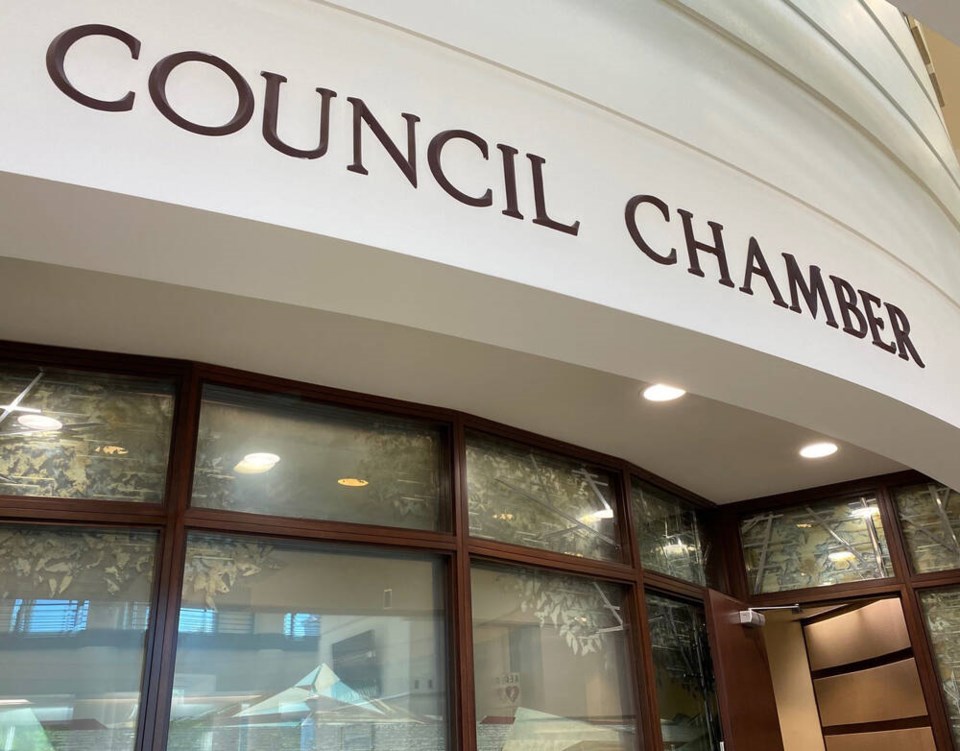They have more work to do and for now, will be sticking with seven people around the council table.
Delta council last month gave final approval for a salary raise, the first council remuneration adjustment in four years.
The mayor’s base salary increases from $154,264 to $175,264, while councillor salaries will increase from $62,788 to $74,399.
The city sets remuneration rates based on a comparison to the cities of Coquitlam, Richmond, Township of Langley and the District of North Vancouver. A review found that the remuneration for Delta's politicians had fallen below the average of the comparators.
“It is important that the City of Delta is providing elected officials with remuneration that is appropriate for the work/responsibilities performed (these include a considerable time commitment and responsibilities for decision making that affects the lives of residents) and is competitive in order to attract and retain qualified candidates that are representative of the community. Those who make the commitment to serve as elected officials should expect fair and reasonable compensation,” a staff report noted.
Delta is the largest municipality in the province that continues to employ a mayor and six councillors. It’s normal practice for municipalities with populations over 50,000 to have eight councillors.
“It is important to recognize that council, per the Local Government Act, can be comprised of an additional two (2) councillors. The reduced number of councillors has a resultant reduction in salary costs, however, it also results in an increased workload amongst council members. Remuneration levels should adequately compensate council members for the significant personal time and dedication required to serve in these roles,” the report explains.
Back in 1972, the city put forward a proposal to the electorate in a referendum, asking voters if they wanted to increase the number of councillors from six to eight.
At the time, alderman Lorne Carmichael said when a municipality reaches a population of 50,000, it should have eight aldermen. Carmichael said, “Council has a tremendous workload and we could use some help on council.”
Delta’s population in that period was just over 45,000, but it was the fastest growing municipality in Canada and would soon surpass the 50,000 mark.
Then Mayor Dugald Morrison wasn’t keen on increasing the number of politicians, saying he felt “no alderman is overworked for the amount of money he gets.”
An editorial that ran in a November 1972 edition in the Optimist agreed, stating, “It doesn’t take another two more alderman to set policies that six can easily do.”
The referendum was soundly defeated with 3,309 voting against the increase and 1,907 voting in favour.
A 1979 bylaw reaffirmed that any increase must go to community consultation and the electorate.




